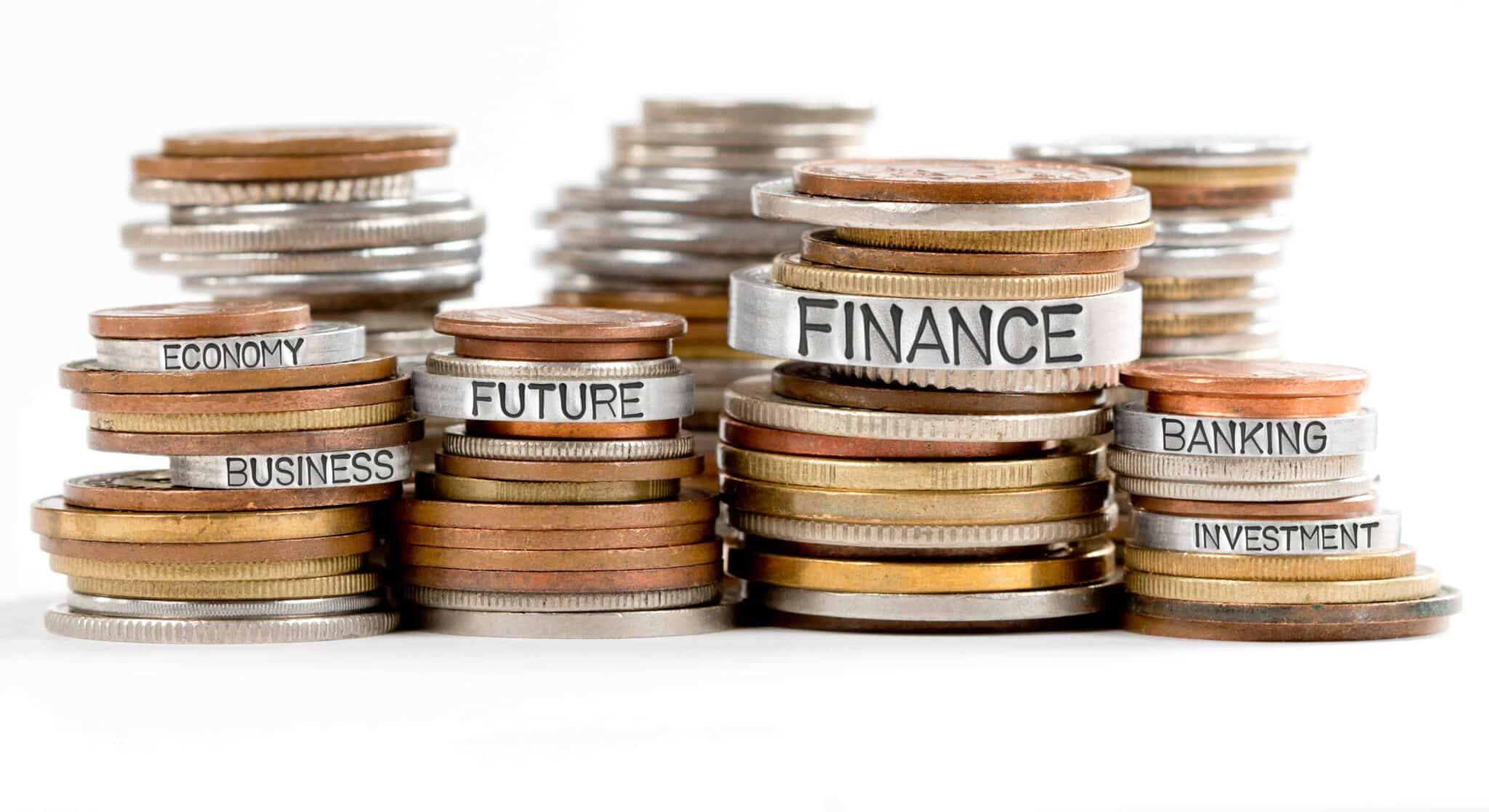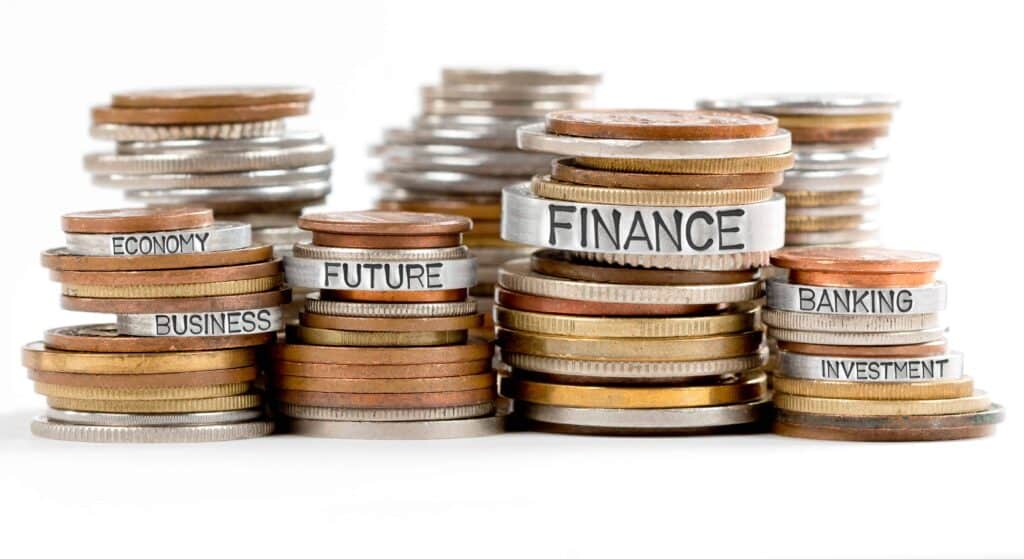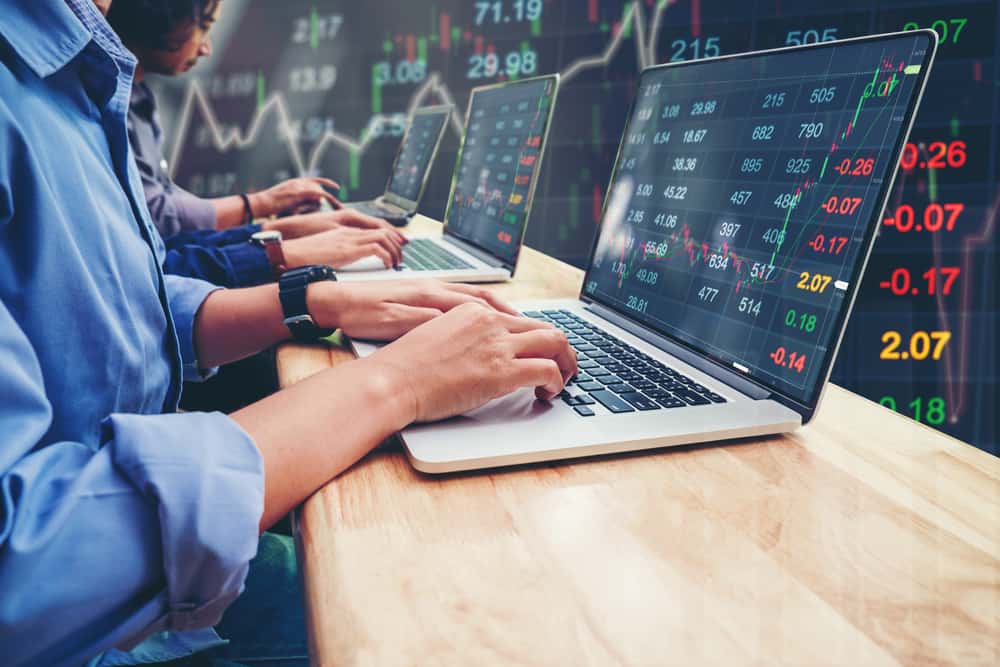

Do you want to learn how to start forex trading in the Philippines? Did someone tell you that forex trading is the latest way to get rich quickly without any risk to speak of? Have you done any preparation work before jumping into the market? Millions of people across the globe have answered “yes” to the first two questions, while many of that number answered “no” to the last query.
The odds are that the ones that answered “no” to the latter question are no longer trading currencies. They succumbed to the belief that forex trading is easy, that it is the latest form of online gambling, and that no preparation is necessary. Unfortunately, casualty rates in this industry are high. Roughly 60% of beginners fail in the first three months and 30% failed in the next three months, leaving only a meagre 10% to continue as traders who have earned their stripes. A full 90% of beginners often throw their hands up and head to another trading venue.
To be successful in this trading endeavour, you need to learn about the industry first, well before taking your initial position in the market. Experience is the next requirement, but there is no shortcut to experience. One needs to invest hours in practice trading, learning the complex ropes of finding a good trading set-up, i.e., opportunity, and then following through with a step-by-step plan to capitalise on that opportunity.
Lastly, you need to be able to control your emotions, which means blocking your mind from interfering with your carefully prepared, practised, and fine-tuned trading strategy. There is a psychology to trading. It is not easy to accept losses or to close positions after you have lost a bundle but are sure the market will come back and make you a winner. Opening a new position is a breeze. There is excitement over the possibility of a huge gain but knowing when to close that position or let it run for all it is worth is the central conundrum in forex trading.
After preparation, practise, and strategy development, your primary objective will be to tilt the odds over time in your favour. You will win some trades, you will lose some trades, but over time you will accumulate a winning percentage that will translate into a growing account balance in the base currency of your choice. How big a winning percentage is required? Your spread and use of leverage will influence this figure, but on average, you will need to maintain a winning percentage, measured in dollars gained, for example, of greater than 55%.
Yes, at the start, the odds are stacked against you, but by using strategies based on the use of technical indicators and risk management techniques honed over time, you can tilt the odds to reward your efforts. Why is this? Market prices do move in waves, and these waves form predictable patterns and levels of support and resistance, based on the total of other traders and trading robots that respond to these same market signals.
Are you getting excited? Now is not the time to place a bet. Invest the time to read and study the articles on this website to acquaint you with what being a successful trader entails. In this venue, knowledge is power, but the volatility of these markets also gives it a very high-risk rating, the reason for high casualty rates and the need to have nerves of steel. You have some homework to complete, but here is a guide on how to get started. Welcome, and have fun!

Why trade forex in the Philippines?
Like many developing economies across the globe, the economy of the Philippines was rocked by the impact of the Covid-19 pandemic in 2020. Gross Domestic Product (GDP) for that year contracted by 9.6%. After five quarters of a Covid induced recession, the country’s economy bounced back in the second quarter of 2021. GDP grew at an 11.8% rate, but targets for the year have been downgraded to between 6% and 7%. When a growth trend is restored, the popularity of forex trading will grow, as well.
Trading in stocks in the Philippines is popular, but forex trading has a chequered past in the island community. Due to many complaints from consumers, the Securities and Exchange Commission (SEC) in the Philippines cracked down on the industry in 2016. It published an advisory that outlawed forex trading due to fraud and consumer losses.
That stance has softened over time, such that forex trading is legal, if it is done with a regulated broker. As the local economy has grown, more consumers have become interested in diversifying their portfolios by also trading in currencies for profit and hedging the possibility of a weakening Philippine Peso (PHP) in the global market. Traders now can select from a host of internationally recognized forex brokers and easily transfer funds to offshore accounts.
Who regulates forex trading in the Philippines?
The Philippines has a combination of regulators. Each takes their roles seriously. First, the Banco Sentral ng Pilipinas or “BSP” is the country’s central bank, whose role is to maintain the stability of the Philippine Peso among other duties. The Securities and Exchange Commission has oversight responsibility for the local financial market. Its objective is to protect investors while maintaining the stability of the capital market. The SEC has issued licences to local brokers, but Filipinos tend to deal with international brands with stellar reputations.
Step-by-Step guide how to start forex trading forex in the Philippines

Once you have studied forex trading articles and learned the lingo, you may now have enough awareness to proceed to the next steps. Much of what follows is intended for a beginner. More experienced traders have already completed these initial steps, but for a newcomer, practice and developing an acceptable strategy can only occur after a broker has been chosen. Investing time, in the beginning, will help you survive and thrive down the road. Patience is a prerequisite, but here are the five steps to begin your journey into this exciting world:
- Choose a Broker: Your broker will be your business partner in this endeavour. It will give you access to the forex market, which has over $6.6 trillion in daily turnover. Only a small piece of this volume relates to retail traders, but it is still significant. If you wish to follow the trend of going with a well-respected international brand, then large brokers like the IG Group are good choices. Safety and security are your first concerns, and these two giants have great track records in each area. (For more information: Forex Broker Tips).
- Open & Fund an Account: Whatever broker you choose, you will want one that provides a free demo system for practice trading. It is paramount that you become familiar with the broker’s trading platform, especially how to make orders when opening a position and how to insert a stop-loss order to protect against a market move against your trade. The account opening process will require the uploading of personal ID information. These documents are specified in the broker’s instructions, as per international law. When the broker gives you the green light, it is time to fund your account. Start with a small amount, and use the payment method supported by the broker, which is best for you. You can always increase your balance later.
- Make Your First Trade: During your practice sessions, you will have time to develop a strategy that you will use to spot a favourable trading set-up. Read the strategy articles on this website to guide you in that early plan development. Technical indicators will give you the edge you need to win consistently. Using something as simple as two moving averages and a Relative Strength Index (RSI) indicator is an excellent place to start. When the averages cross one another, it is an indication that trends may soon reverse. The RSI will help guide your entry and exit. Practise your strategy until it is routine. (For more information: SMA Indicator Explained).
- Manage Your Risk: Losses can occur, but you want to be able to come back from losses and trade again. Risk management principles will help you here with position sizing and stop-loss orders.
- Enjoy Your Process: Not everyone is meant to be a trader, but your strategy will help you gain valuable experience on how to win at this activity. You also want to enjoy the process, as well. Take your time. There is no need to rush. Patience is a good thing.
The Best Forex Brokers in Philippines
| Broker | Features | Regulator | Platforms | Next Step | |
|---|---|---|---|---|---|
 Between 74-89% of CFD traders lose
Founded: 2010 Between 74-89% of CFD traders lose
Founded: 2010Between 74-89 % of retail investor accounts lose money when trading CFDs |
|
ASIC, FCA | MetaTrader 4, MetaTrader 5, cTrader | ||
 Your capital is at risk
Founded: 2006 Your capital is at risk
Founded: 2006Europe* CFDs ar... |
|
ASIC, FSA, FSB, MiFID | MetaTrader4, Sirix, AvaOptions, AvaTrader, Mirror Trader | ||
 Your capital is at risk
Founded: 2014 Your capital is at risk
Founded: 2014 |
|
FSPR | MT4 | ||
 Your capital is at risk
Founded: 2009, 2015, 2017 Your capital is at risk
Founded: 2009, 2015, 2017 |
|
ASIC, CySEC, IFSC | MT4 Terminal, MT4 for Mac, Web Trader, iPhone/iPad Trader, Droid Trader, Mobile Trader, MT5 | ||
Concluding Remarks
So once again we ask, do you want to trade forex from your home and make money? We at Forextraders.com are dedicated to helping you make that a possibility from helping you select a broker, to identifying a good trade set-up, to opening a position at the preferable moment, and to finally closing that position and reaping a profit. Forex trading can be fun and exciting, but only if you are prepared and have learned to approach the market with a disciplined plan of attack.
Forextraders' Broker of the Month
BlackBull Markets is a reliable and well-respected trading platform that provides its customers with high-quality access to a wide range of asset groups. The broker is headquartered in New Zealand which explains why it has flown under the radar for a few years but it is a great broker that is now building a global following. The BlackBull Markets site is intuitive and easy to use, making it an ideal choice for beginners.
